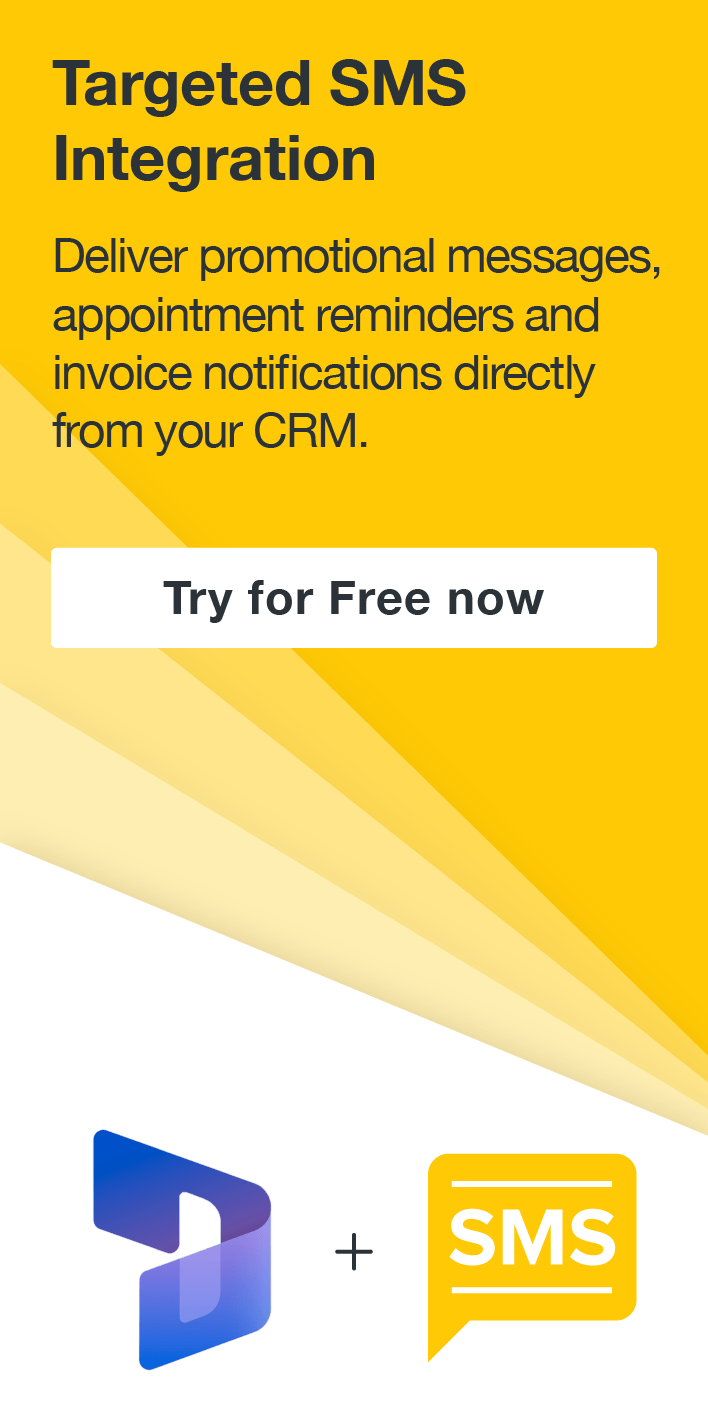Microsoft CRM – Support Timeframes
Greg Olsen, 26 November 2012
When you have an implementation of Microsoft Dynamics CRM you need to be aware of the Microsoft support timeframes for each version of the product, from v1.0 to 2011. This is to ensure you can always pick up the phone or log a case with Microsoft for support with your deployed system. Personally, I didn’t get to play with version 1.0. My experience with CRM started with version 1.2.
Every Microsoft product has a lifecycle. The lifecycle begins when a product is released and ends when it's no longer supported or sold. Knowing key dates in this lifecycle helps you make informed decisions about when to upgrade or make other changes to your software
Most service updates to Microsoft Dynamics CRM are done via Update Rollups. An Update Rollup is a tested, cumulative set of hotfixes, security updates, critical updates, and general updates that are packaged together for easy deployment. Update Rollups are normally broken up and applied for each individual component of your CRM system, such as Client (Outlook), Server, Email Router etc.
As at 26th November 2012, these are the support timeframes for Microsoft Dynamics CRM.
| CRM Version | |||
| CRM 1.0 | 1/01/2003 | 11/07/2006 | Not Applicable |
| CRM 1.2 | 31/10/2003 | 9/01/2007 | Not Applicable |
| Dynamics CRM 3.0 | 1/12/2005 | 12/04/2011 | 12/04/2016 |
| Dynamics CRM 4.0 | 29/02/2008 | 9/04/2013 | 10/04/2018 |
| Dynamics CRM 2011 | 18/05/2011 | 12/07/2016 | 13/07/2021 |
So from that table you are now probably asking “What is the difference between Mainstream and Extended Support?”. Well below I have the answer for you.
• Mainstream support - Microsoft will offer mainstream support for a minimum of 5 years from the date of a product's general availability, or for 2 years after the successor product is released, whichever is longer. For example, if you buy the new version of Microsoft Dynamics CRM and five years later another version is released, you will still have two years of support left for the previous version.• Extended support—Microsoft will offer extended support for either a minimum of 5 years from the date of a product's general availability, or for 2 years after the second successor product (two versions later) is released, whichever is longer. Microsoft does offer a note here though: Extended support is only available for commercial customers.
From the list you can see that next up is Microsoft Dynamics CRM 4.0, which has a mainstream support end date of 9th April 2013.
I have made an assumption here that if you are reading this article, then you are not still running v1.0 or v1.2 in your production environment. Comment on this blog if you are.

